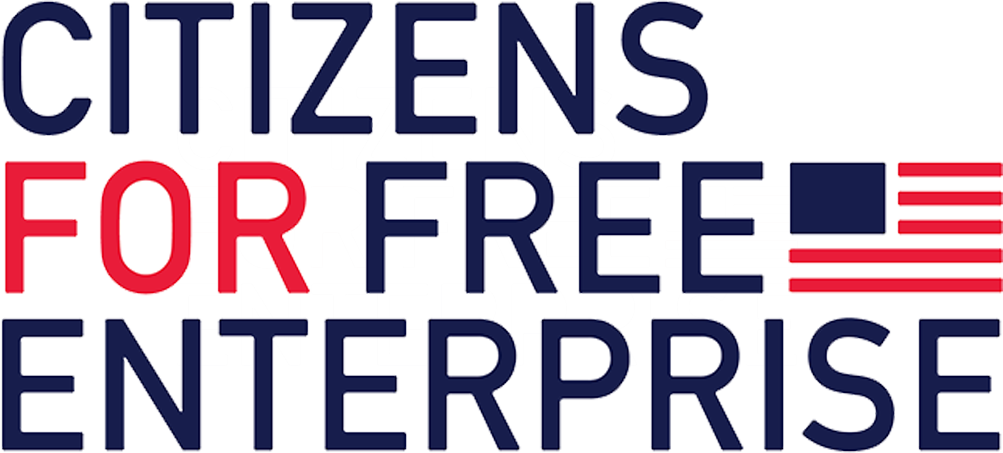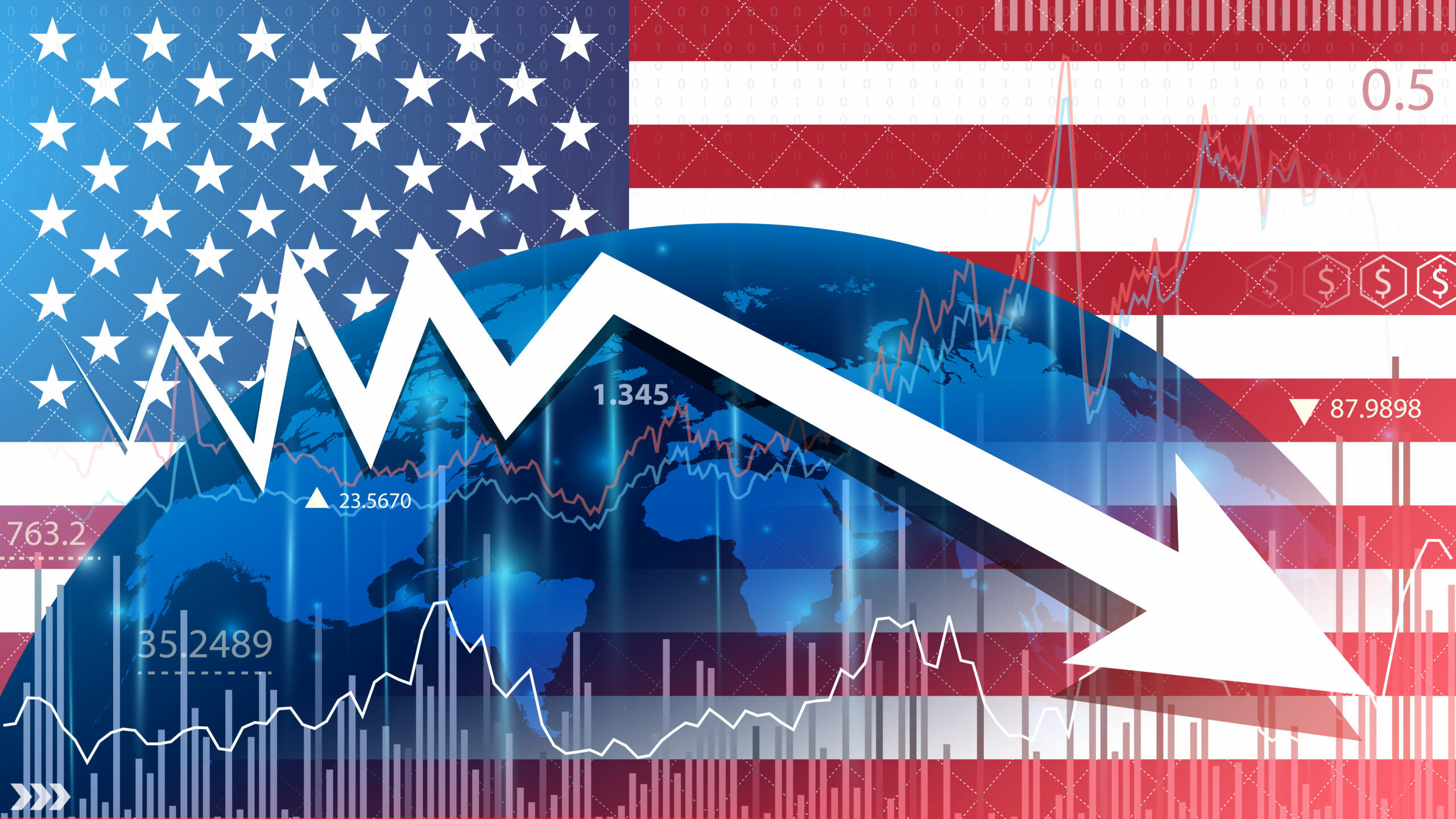The great free market economist Thomas Sowell once noted:
Nothing is easier, or more emotionally satisfying, than blaming high prices on those who charge them, rather than on those who cause them.…People with no experience in business, no knowledge of history, and utterly ignorant of economics do not hesitate to leap from high prices to greedy profit-makers. Many of these ignorant people are on nationwide television and some are in Congress.
Today, the ignorant people Sowell identified are not just on TV or in Congress; instead, they’re in the White House and, most recently, on the campaign trail, when Vice President Kamala Harris recently called for a federal ban on so-called corporate price gouging on groceries. Despite the spin, it quickly became clear that this is just a new name for a failed policy straight out of the socialist playbook: price controls.
On its face, and separate from the effect it might have, a socialist policy is bad for the simple fact that it undermines freedom and empowers the government to interfere in the free enterprise system. Dig into the details and, like all socialist policies, price controls are not just antithetical to free enterprise but also exceptionally harmful to the people and the economy. Why are they so harmful? Because they lead to shortages by creating an imbalance of supply and demand and disincentivizing suppliers from producing enough to meet consumer demand.
Milton Friedman warned about these dangers nearly 50 years ago:
We economists don’t know much, but we do know how to create a shortage. If you want to create a shortage of tomatoes, for example, just pass a law that retailers can’t sell tomatoes for more than two cents per pound. Instantly you’ll have a tomato shortage.
Friedman is, of course, correct, but he’s also not alone. CNN warned “Harris’ plan to stop price gouging could create more problems than it solves,” and a Washington Post columnist who is typically not shy about supporting Democrat policies stated “It’s hard to exaggerate how bad Kamala Harris’s price-gouging proposal is.”
History is littered with examples of similar failed price control policies. Americans suffered through hours-long gas lines for years thanks to price controls under Presidents Nixon, Ford and Carter. Destructive rent control in San Francisco reduced the supply of rental housing and actually caused a city wide increase in rents. Similar examples stretch back for thousands of years, because price controls simply do not work.
Harris’ team has defended the policy, in part, by pointing to existing antitrust laws and claiming this plan would simply increase enforcement and penalties. For those keeping track, these are the same laws that have led to embarrassing recent federal investigations into sandwiches, luxury purses, and the “social stigma of green text bubbles.” Of course, the federal government would need to look in the mirror in order to find the party responsible for inflation, since the evidence is overwhelming that corporate greed is not what drove up prices. It’s clear that when all you’ve got is a government hammer, everything looks like a nail.
If policymakers are interested in taking on monopolies, they could start with the host of existing federal laws that prevent competition and raise prices for consumers. This is nothing new, as government restrictions protecting politically favored groups or existing businesses from competition frequently lead to monopolies, distort markets, and make it difficult for new firms to enter the market. Like taxes, government-imposed business requirements raise compliance costs, with little added consumer benefit. worse, it will all be at the expense of California’s taxpayers and independent business owners.

